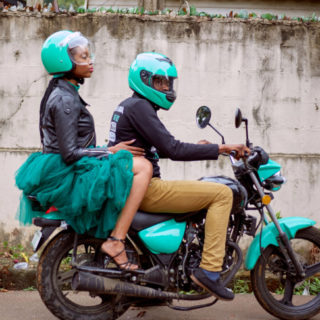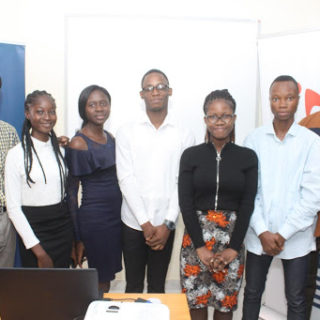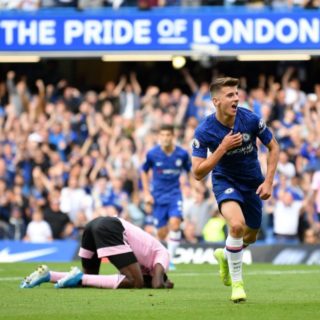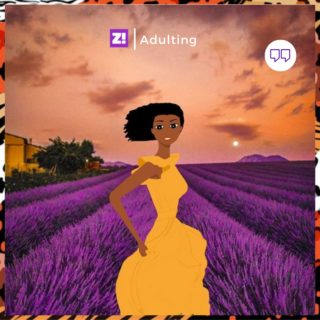The first few lines of Beyoncé’s hook on “Bigger“, the opener for her just-released “The Lion King: The Gift” tells you all you need to know about the album. “If you feel insignificant, you better think again,” she sings, “better wake up because you’re part of something way bigger, You’re part of something way bigger.”
The album, which she says is a love letter to Africa was inspired by the Lion King franchise.
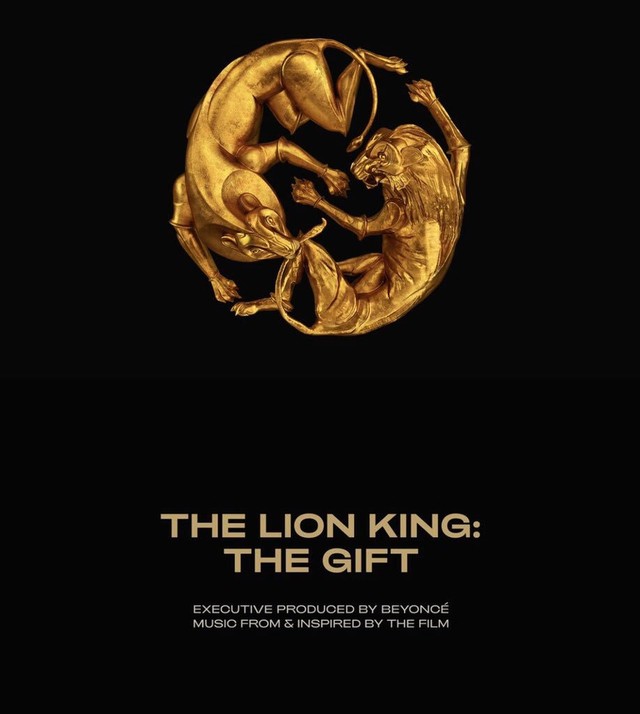
And as promised, the album is a celebration of African music. Beyoncé tapped the who’s who of Africa’s biggest musical movement, Afrobeats.
The list of collaborators — Shatta Wale, Burna Boy, Wizkid, Yemi Alade, Mr Eazi, Tekno, Tiwa Savage, Busiswa, Moonchild Sanelly, Bankulli, P2J, NorthBoi, GuiltyBeatz and many more — would make any African proud. From the tidal wave of pride sweeping through social media, the album’s Nigerian pop and Ghanaian Highlife influences have struck a chord, especially among West Africans.
It’s only fitting that we celebrate the Nigerian essence on Beyoncé’s “The Lion King: The Gift”. These are the 5 best Nigerian moments on a body of work that may be Afrobeats’ first true global moment.
- WIZKID ON “BROWN SKIN GIRL” with Beyoncé, Saint
Jhn & Blue Ivy Carter.
When fans first saw Wizkid on the tracklist for this album, familiar fears were raised. Wizkid has always been known for his melodies than any form of poignant songwriting, especially on an album packaged as a slice of African Pride. However, our fears were allayed on listening to the track. The ease with which Wizkid slotted his vocals into the beat is the level of comfort Nigerians should aspire to in these Buhari times.
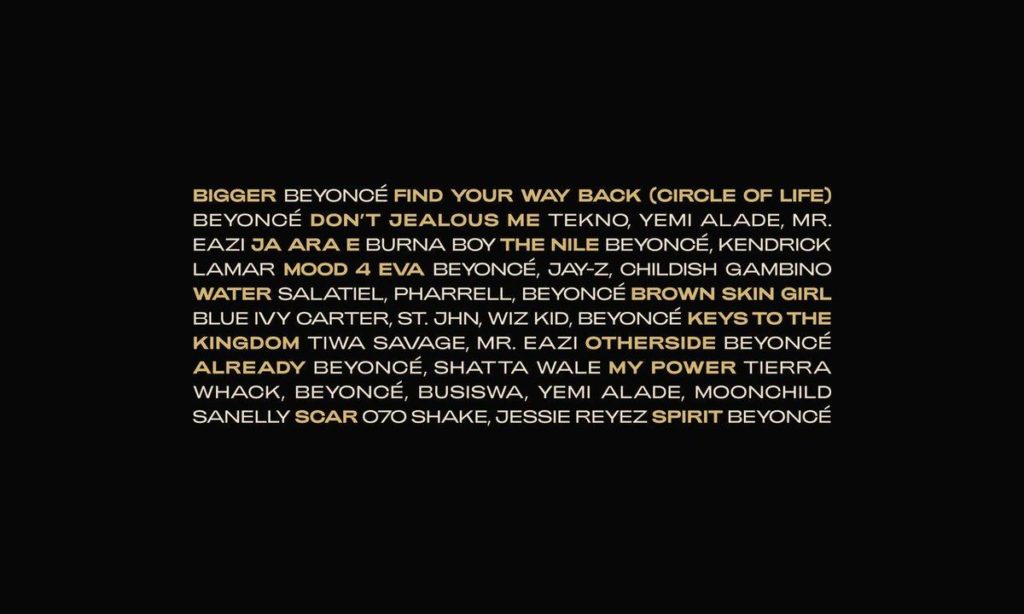
The song is a celebration of Melanin and darker skin tones. Wizkid is not credited as one of the songwriters, unsurprisingly. But this matters only a little; Starboy focuses on his strengths and ends up nearly bodying everyone on the song, before rounding it off by harmonising with Queen B. Did you read that right? Wizkid, Baba Bolu, the patron saint of Nigerian gbedu flexed voices with Beyoncé on the best song off her new album. Wake me up. This has to be a dream. Hate him or love him, but Wizkid may have just crafted, with help, of course, an evergreen anthem for African women. What a time to be alive.
- BANKULLI’s VOCALS
You may remember Bankulli as the chubby man screaming “Burna Boy, Call Me” in that viral video of Kanye West convulsing to “Ye”. Older fans may remember him as one of the first members of
Sung in Yoruba, “Sokale o Oluwa,
- A NIGERIAN BEYONCÉ
It takes a lot to curate a culture you’re not actively invested in. Sure, Beyoncé’s romance with Nigerian culture, especially the goddesses Osun and Yemoja is well documented. But what she achieves on “The Lion King: The Gift” is immense. She fits seamlessly into traditional Afropop & Ghana Highlife production on most songs and morphs into a soulful westernized Tope Alabi on “OTHERSIDE”, so well that when Bankulli’s vocals come in, she’s family.
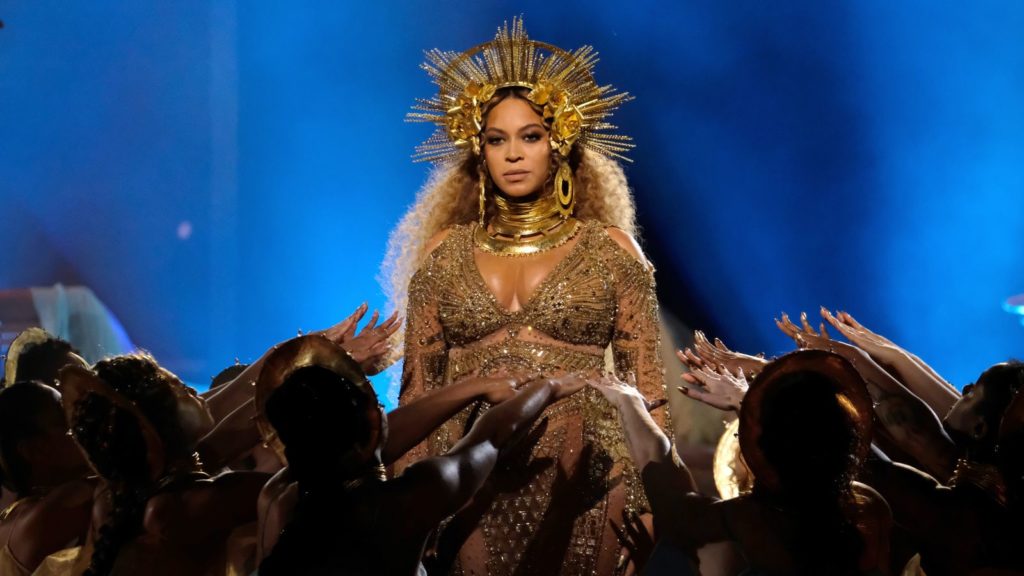
The most Nigerian version of Beyoncé comes on “ALREADY” featuring Shatta Wale. From her enunciation to how she interpolates melodies, you can almost swear she’s been listening to Yemi Alade. Queen B has delivered her love letter to Nigeria, maybe it’s time to come show that love in person.
- EVERY TIME WE HEARD AFROPOP BEATS AND MELODIES
For decades now, producers have been the unsung heroes of Afropop’s evolution and subsequent journey to global recognition. In the last few years, producers like Sarz and DJ Maphorisa have gotten global recognition, but these were more of sporadic cosigns than full recognition of their abilities. Beyoncé’s “The Gift” may as well be that moment. It may have taken longer than expected for Nigerian/UK producer, P2J to get his coins and roses, but with credits on multiple songs off the album, it’s fair to say the man has etched his name in history.
NorthBoi Oracle, who produced Starboy’s “Soco” is also credited as a producer on the album and that’s not counting the back-end creatives — Michael Uzowuru, Bankulli, and more — who built what is a cinematic African experience. Much has been said of Afrobeats’ journey to global acceptance. This album, which may become its biggest moment yet, is evidence of how much collaboration and years of work behind the scenes we’ll need to make it happen.
- BURNA BOY’s SOLO – “JA ARA E“
Who’s the only artist with his own full song on an album made, curated and executive produced by the biggest musician in the world? That’s right, our very own Damini Ogulu aka Burna Boy. Rankin’s ascent to the upper echelons of afrobeats and world music since the release of 2018’s “Outside” is one for the storybooks.
Many have guessed that Burna refused to have anybody else on his song, others claim no-one was a good fit; whatever the case is, you can see why Burna Boy is in a class of his own, literally. “JA ARA E” is another tribute to Fela’s Afrobeat, a very apt allusion in an album about African pride. The title, which means “Enlighten Yourself” is also consistent with Burna Boy’s Pan-African ideals. This song sounds like the soundtrack to the radicalisation of Simba and is already a fan favourite. With what we’ve heard so far, we simply can’t wait for Burna Boy’s “African Giant“.
Speaking of evolution, one artiste who is an unsung hero on this album is Zlatan. Artists enjoying a breakout year have the capacity to do anything from changing the popular sound to creating
Zlatan’s friendship with Burna gave him his biggest hit yet, “Killin Dem” and stamped him in the eyes of a mainstream audience. In turn, Zlatan’s edge and energy have found a willing vessel in Burna, who dances the Zanku like he came up with it.
Fans have hailed Burna’s loyalty to his personal sound on the Beyonce album. And the best evidence of Zlatan’s influence yet is how his ad-libs spice up Burna Boy’s “JA ARA E”. Those shouts of Kuronbe and Eh Eh are dominating Nigerian airwaves for months now. They’ve made their way to a Beyonce album. Agege must be proud.
It’s a great time to be African.
Did you enjoy this? You should sign up for our weekly pop culture newsletter, Poppin’. You’ll get to know what we’re up to before anyone else + insider gist, reviews, freebies and more. If it sounds like your deal, sign up here.

